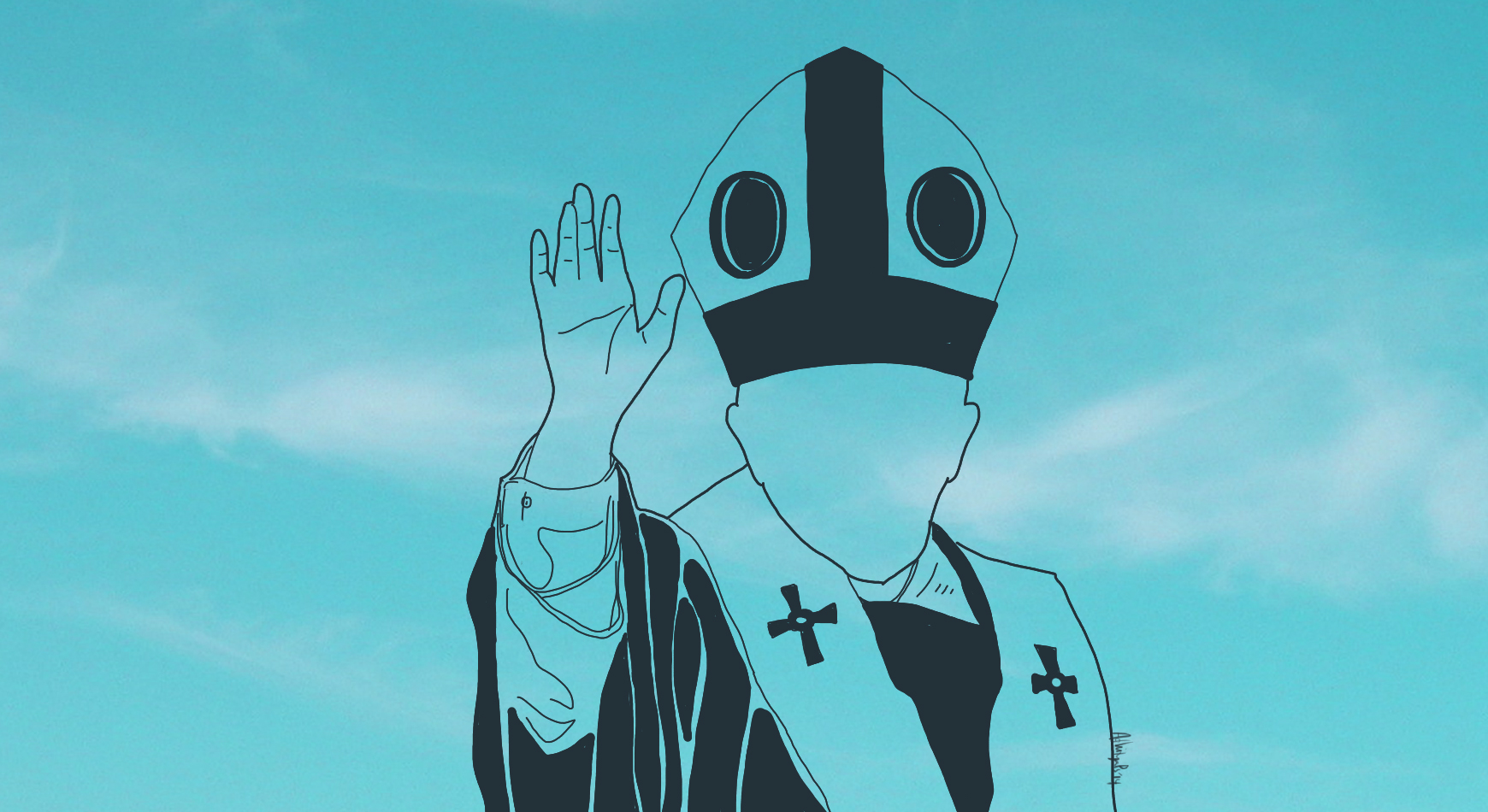It's safe to say that a lot of people, Catholic or not, love Pope Francis. His soft face and generous smile are a relief after Benedict XVI's more severe, Disney villain-esque visage. More notably, he has earned the reputation of being a 'progressive' Catholic.
For instance, the Vatican reached out to the populace last year to survey themabout contraception, gay unions, divorce, and other family issues. A vote this October by a synod of bishops, however, failed to make any progress on embracing the LGBT and divorce, but many could still argue that they were at least talking about it in the first place.
But herein lies the problem: it's all talk. Pope Francis can shout, "Who am I to judge?" from the rooftops and it would still just hang in the air above our heads, while down below, the reality remains that transgenders are being murdered in our backyard, a whole country suffers from the threat of anti-gay legislation, and other troubles I'm fairly sure you witness, or experience, every day.
The Vatican's penchant for PR-friendly rhetoric took an especially frustrating turn recently, when Pope Francis made a grand statement about evolution and the Big Bang being real, and how god isn't "a magician with a magic wand."
It's very easy to chalk up this press release as another reason to celebrate the Pope. The Vatican has long had a reputation for being anti-science (see: the trial of Galileo), and a statement that seemingly bulldozes Creationism/Intelligent Design would appear exciting, refreshing.
The problem is, why does his opinion matter? Why is his statement being framed as if he had just given Catholics permission to see evolution and the Big Bang as real? Things like evolution and the Big Bang, and yes, LGBT love being absolutely normal, human love, have always been legitimate, period. They are facts. They are not beholden to a single man's or a single institution's subjective opinion. Did you have to wait for Nelson Mandela to announce that black people were equal to white people in order to believe that they were? If Newton suddenly rose from the dead and said that gravity is a lie, would you start jumping happily off of cliffs?
The appeal to authority is a classic fallacy. Under its influence, a person only considers a statement as correct only if a person in a position of power deems it to be true. People's strange fascination with, and celebration of, Pope Francis' sweeping statements about big, worldly topics falls right under this fallacy. Whether or not Pope Francis says so, living beings will continue to evolve; the universe will continue to react according to that single, staggering explosion; and people will continue to fall in love with one another regardless of the genitals they were born with.
The starkest proof, in fact, that all this talk from the Vatican means nothing is the way the world is progressing without its help. Same-sex unions are being embraced legally in more and more places. Our knowledge of our planet and the universe will continue to grow as we explore them further. Neither of those were dependent on the blessings of the Catholic Church, and nothing similar in the future will ever have to be.
So, before you start gushing over how brave and bold the Vatican is being these days, stop for a minute and ask yourself why you believe in something in the first place. Is it because someone told you to, or is it because the truth is staring you right in the face?
We don't need the Pope to tell us what to think. We don't need anyone else to tell us what to think. Do yourself a favor and explore, discern, and embrace the truth for yourself.
Marguerite de Leon is a social media producer for Rappler. She received the Mulry Award for Literary Excellence upon graduating from the Ateneo de Manila University in 2007. She writes fiction, and her short stories have seen print in various national publications.
*This story was first published in Rappler.com, a Manila-based social news network where stories inspire community engagement and digitally fuelled actions for social change.








Comments